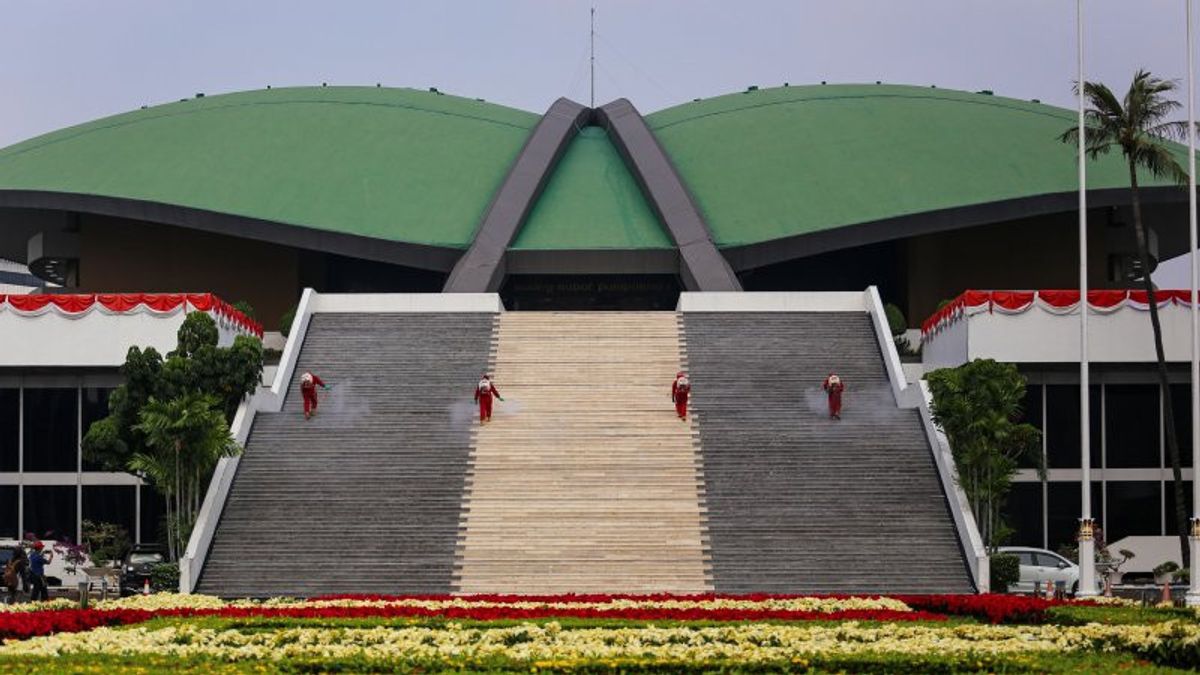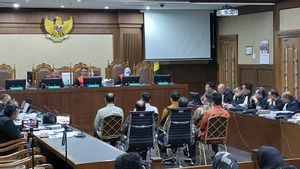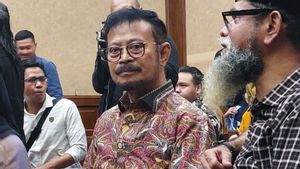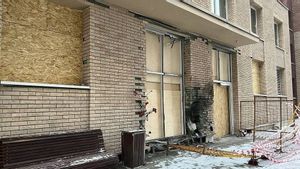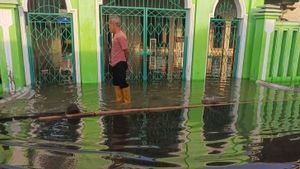JAKARTA - Member of Commission I of the DPR from the PKS Sukamta faction, explained about the draft Law on Broadcasting which recently drew criticism because it was considered to suppress press freedom.
Broadly speaking, Sukamta said investigative journalistic broadcasts must have restrictions, while exclusive broadcasts such as weddings and birthdays do not need to be broadcasted protracted.
Sukamta initially revealed about the setting background related to the ban on broadcasting investigative journalism in the Broadcasting Bill. According to him, the arrangement is to prevent the monopoly of exclusive broadcast of investigative journalism which is only owned by one media or one media group. Even though each broadcasting media has the opportunity to broadcast content.
"Investigative views are needed for viewers to get important information for many people. For example, shows that dismantle food or beverage businesses that turn out to be unhealthy, or shows that uncover crimes that often occur in society, such as online gambling, narcotics syndicates. Shows like this are actually very educational and useful for the wider community," Sukamta told reporters, Monday, May 13.
"But, shows that show exclusively a person's party, whether marriage or birthday, for a long time, feel like this is not necessary. Because it is not educational, broadcast should be as necessary, because broadcasting frequency is the right of the public," he continued.
"Essentially, investigative journalistic broadcasts are needed, but there are limits. Therefore, the prohibition referred to in the draft revision of the broadcasting law means that there is a need for restrictions," he said again.
Meanwhile, regarding the provisions of the Indonesian Broadcasting Commission (KPI) which has the authority to resolve press disputes, Sukamta assessed that the mechanism for the right to answer and corrections carried out by the Press Council in resolving press disputes is still problematic.
SEE ALSO:
Sukamta explained, Article 8A letter q of the Second Amendment Bill on Law Number 32 of 2002 concerning Broadcasting, it was stated that one of the KPI's authorities was to resolve a special journalistic dispute in the field of Broadcasting. This authority is considered to intersect with the Press Council which is regulated by the Press Law which has a mechanism of right to answer and right to correction.
"But the mechanism for the right to answer and correction rights regulated by the Press Law is a problem," he said.
For this reason, Sukamta encouraged Commission I of the DPR to again discuss the continuation of the drafting of the Broadcasting Bill with the Press Council and the government. So that the position of the Press Law becomes clear.
"Commission I of the DPR must again discuss with the Press Council and the government to emphasize lex specialis about the position of the Press Law. Ideally, the Press Law is a lex specialist, namely the Press Law which is special in eliminating general laws," he concluded.
The English, Chinese, Japanese, Arabic, and French versions are automatically generated by the AI. So there may still be inaccuracies in translating, please always see Indonesian as our main language. (system supported by DigitalSiber.id)
